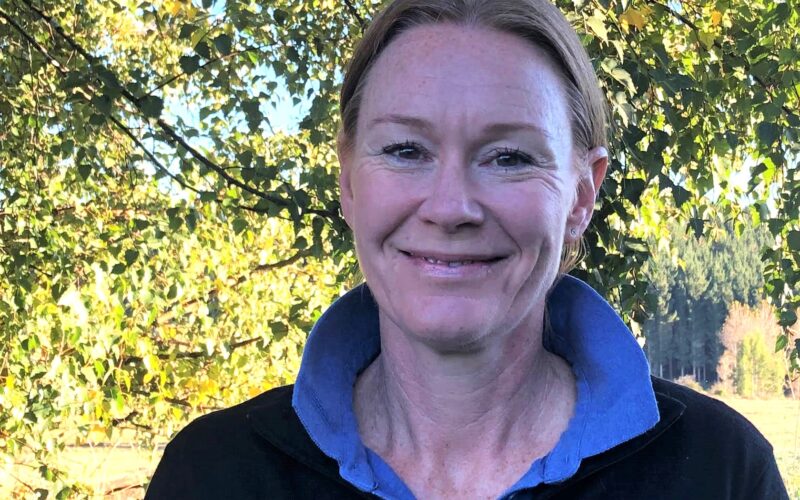Over the next two weeks, the Farmers Weekly team unpacks what the drench resistance threat means for the sector, from revisiting farm systems to heeding the sheep farmers whose experience could offer a solution.
Ginny Dodunski concedes that the Wormwise internal parasite project has failed to stem the growth of drench resistance. She intends to rectify that.
Dodunski was appointed manager of the Wormwise programme 18 months ago and said stemming the trend requires innovative ways to provide farmers with advice and guidance.
Wormwise was established as a national worm management strategy in 2005 by Beef + Lamb New Zealand (BLNZ), DairyNZ, Deer Industry NZ, Animal & Plant Health NZ and the NZ Veterinary Association and funded by beef + Lamb NZ.
For 20 years it was known that drench resistance was a looming problem, reinforced by a 2021 review that highlighted the need for changes to livestock and pasture management.
Dodunski said the decision by BLNZ to take over the programme’s day-to-day operations has provided the necessary impetus and coincided with a noticeable surge in farmers seeking information on how to deal with drench resistance.
“People are waking up to the issue of drench resistance. They have the problem or their neighbour does, or they know someone who does.”
She said the issue is a symptom of farming systems being reliant on drench to control parasites.
“It sounds perverse, but we should see drench resistance as an opportunity to lift farm systems to a new level.
“Drench resistance is not the question. The question is ‘How do I set up my farm system so worms are not a cost to me?’”
There are ample examples of that transition being succesful.
Dodunski said the starting point for farmers is ensuring they’re not running systems that create an environment conducive to worms.
That means offering young stock feed that has as few worm larvae as possible. Keeping condition on breeding stock is also key.
When worms become immune to drench, the effect can seem almost instantaneous. Sometimes farmers will notice that young stock aren’t growing, but not always.
“It’s not like you drench your lambs in January and a few months later think they’re not growing very well.
“Parasite resistance hits like a wave.”
Drench programmes can be broken up by temporarily using the new – but generally more expensive – novel drench varieties, but Dodunski said this is not a long-term solution.
Seven to 10 days after drenching stock, farmers should sample faeces to determine the status of the parasites.
If there are worm eggs in the faeces, resistance is likely.
Dodunski initially wanted to increase the visibility of Wormwise by visiting farms, but soon realised the scale and cost precluded that.
Instead, information is being distributed through farm workshops, social media and via a new website.
The website is in response to farmers seeking trusted, reliable information on farm systems, grazing management and drench types, she said.
Further out, Wormwise is planning training programmes for retail and advisory staff that interact with farmers and provide guidance on drench use.
Dodunski is confident the livestock sector can win the battle, especially with the help of new technology such as electronic tracking of individual animals.
Instead of treating animals on a flock or herd basis, in reality only a portion need treatment – and that can be identified through electronic tracking.
“I can see treatment will be individualised in 10 to 15 years.”
Dodunski knows when her role will become superfluous.
“That will be when people stop asking me about drench resistance. Then I’ll know we have won.”
DairyNZ senior technical & policy advisor (veterinary) Mitch Cooper BVSc said to avoid duplication with other agencies, it supported the current coordinated approach to managing this area of animal health through research and development and delivery of advice for farmers.
“This work is carried out under the Wormwise national worm management strategy.
“DairyNZ also supports this effort through highlighting solutions farmers can apply through passing on advice developed through Wormwise to farmers. We encourage dairy farmers to work with their vet to develop a youngstock health plan to optimise growth and welfare.”






